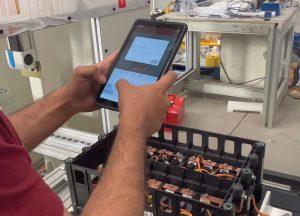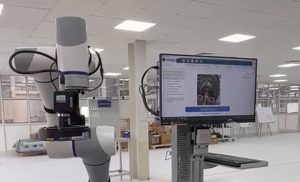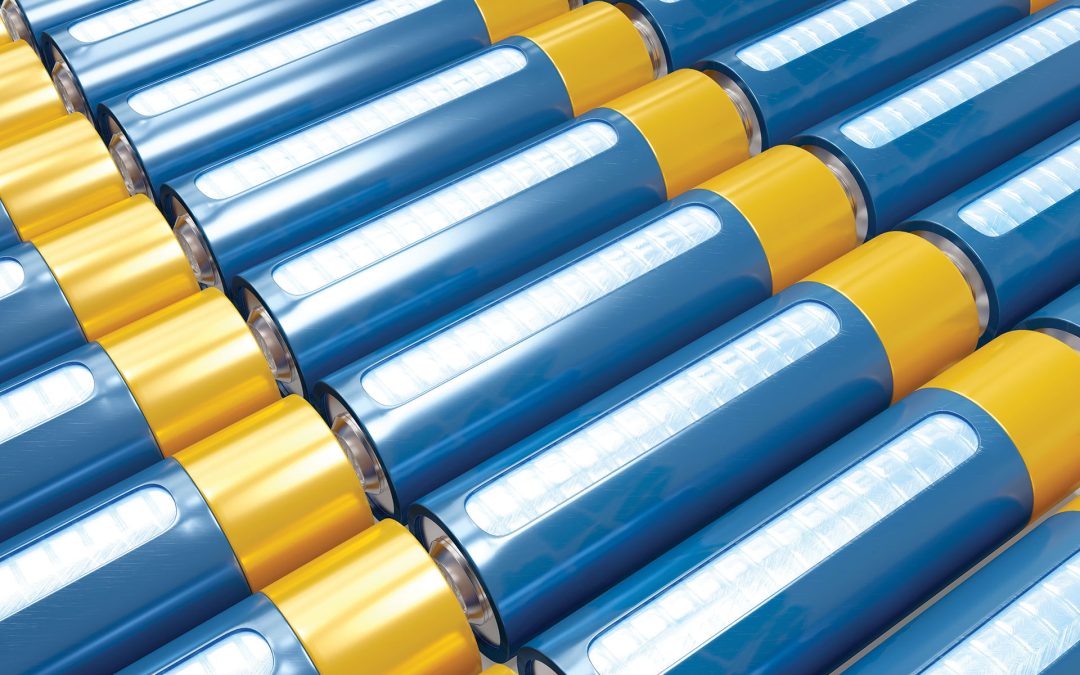The Government of India has introduced a new set of rules under the AIS 156 banner, designed to regulate electric vehicle (EV) assembly, given the complexities and incomplete technical expertise of this burgeoning industry.
Electric vehicles have been holding their own since entering the global market, as they offer significantly lower running costs and less environmental pollution than internal combustion engine (ICE) vehicles. An EV consists of many electronic parts and a large cluster of wires connecting them to the battery and motor, which contributes more than 50% of the vehicle’s total weight and price.
Because battery packs tend to have more safety and operational issues than other components, the new AIS 156 regulations call for a data-driven assembly process and more control over the manufacturing of EVs.
Standard requirements
The AIS 156 standards require manufacturers to store cell grade and quality data, like Open Circuit Voltage (OCV) and Internal Resistance (IR), as well as the cell manufacturer data, against the serial number for each cell prior to assembly.
After assembly, the total battery pack OCV and IR must also be recorded, as it is mandatory to put the same grade of cells in a single battery pack. This is essential for maintaining the quality and safety of the EV.
According to Jendamark India director Himansha Jadhav, Jendamark has put automation solutions in place to help manufacturers measure these values and place cells as per their grading.
“ODIN Workstation records the data with which it controls the process to ensure that the graded assembly of battery packs is followed.”
“Another parameter is Ingress Protection (IP X7) standards for water and dust-resistant packaging of battery packs. Manufacturers will have to perform leak testing for which we provide automation, process security, and data capturing of leak and pressure values,” explains Jadhav.
In addition, AIS 156 also lists testing requirements for battery management systems, thermal management and charge-discharge of battery packs.
“For this, we have successfully integrated with the testing machines, and store data to decide whether the battery pack is built as per requirements. All this data can be seen against the serial number of each battery pack.”
 Supporting complex assembly
Supporting complex assembly
“In India, up to 75% of workers are contract based, which results in an untrained and inexperienced workforce. Add to that the revolutionary and complicated nature of the EV product, and there is a clear need for extensive operator training and guidance,” explains Jadhav.
A process security system that will ensure product quality and protect the operator from harm is essential, he adds.
“In this era of Industry 4.0, manufacturers need data traceability, providing analytics for each process, and to be able to manage different variants on a production line.
“Jendamark’s homegrown software solution includes Odin Workstation, which handles all these complexities and ensures right-time assembly every time.”
Step-by-step operator guidance on an interactive touch screen allows workers to easily follow the set process for assembling each type of battery or variant, while enabling companies to spend less time on training.
“We’ve seen companies putting a lot of time, money and sweat into developing products and building prototypes necessary for the certification to launch the product, but that doesn’t always translate into the production being done with the same amount of care, comfort and expertise,” cautions Jadhav.
“We know there is a need to meet production volumes to fulfil market demand, but an incorrectly assembled product can be disastrous for any company, leading to product recall campaigns.”
Because ODIN Workstation is integrated with on-field devices like cameras, tightening tools, sensors and leak test machines, it will not allow the operator to skips steps. This ensures that products are correctly manufactured every time.
 Looking ahead
Looking ahead
Jadhav expects data-driven process control to become a required norm in the near future.
“Manufacturers are already upgrading the manufacturing process to include a mix of automation and process security for their assembly line. This ensures optimum use of investments and 100% right production output.
“Jendamark, having developed and deployed such solutions, is already ahead and ready to deploy more such solutions. We have also dedicated substantial resources and already offer our customers new technology solutions such as AI-based vision systems, collaborative robots, and IOT sensors in proof-of-concept stage.”
Interested in our process security solutions? For more details, contact shashikant@jendamark.in
Complex EV assembly Solutions
Jendamark provides customised solutions, with built-in process security, for these EV assembly challenges:
- Potting and dispensing of phase-changing material in battery packs
- Cell sorting, grading and cell formation
- Laser welding of busbars to cell terminals
- Motor magnet dispensing and motor winding
- Handling electronic components with minimum manual intervention
- Thermal pad compression and strapping of battery packs
- E-transmission with gauging and shim selections or integrated drivetrains
- Torquing, traceability, testing and integration of all systems in one
